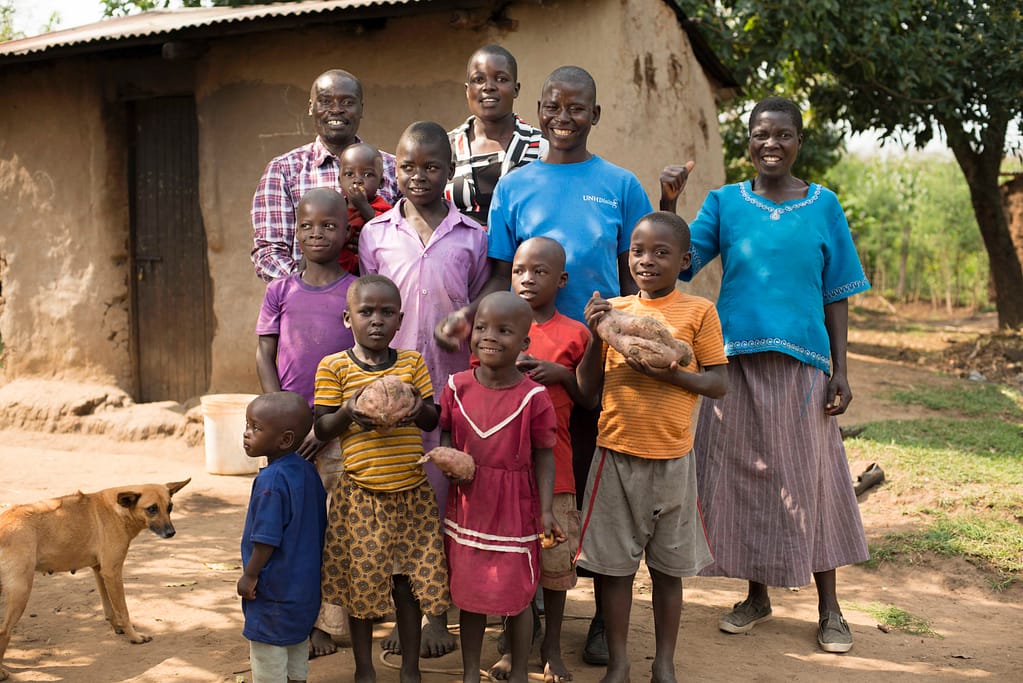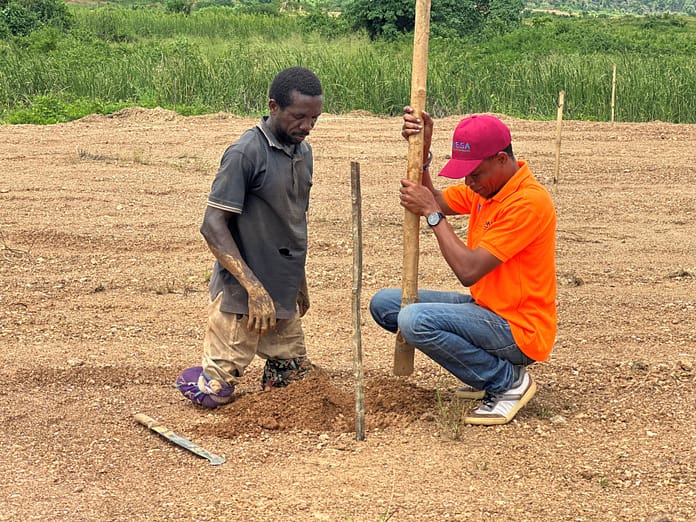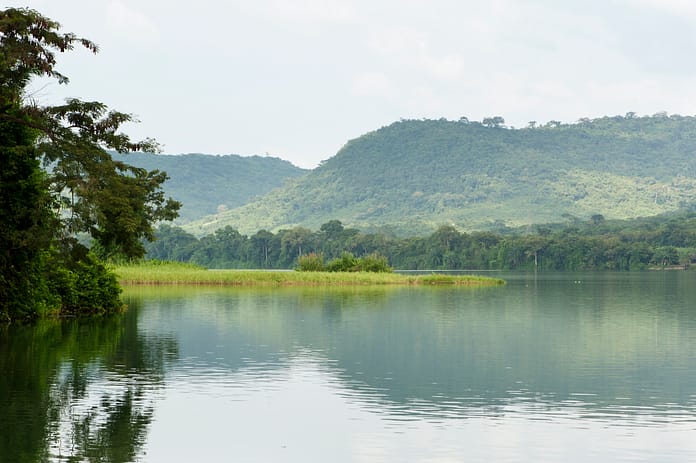By Funminiyi Peter Oyawole, Charity Osei-Amponsah, Gerald Atampugre, Seifu Admassu Tilahun & Olufunke Cofie

Landscapes are increasingly under pressure from unsustainable natural resource use and climate change in Sub-Saharan Africa. This makes it crucial to ensure that all social groups have equitable access to resources, decision-making power and representation.
A study by the International Water Management Institute (IWMI) looks at how different social groups—men, women, youth, people with disabilities (PWDs), and migrants—experience Gender Equality and Social Inclusion (GESI) concerning access to landscape resources, participation in decision-making and social norms and customs. This provides insights into the barriers these groups face and actionable recommendations for creating more inclusive and sustainable landscape management.
Why GESI matters for landscape management
Landscapes in Nigeria are vital for agricultural productivity, biodiversity and the livelihoods of local communities. However, unsustainable practices like continuous land cultivation, deforestation and over-exploitation of floodplains have led to significant environmental degradation. These environmental challenges disproportionately affect marginalized groups such as women, youth, PWDs and migrants, who often lack the resources and decision-making power to influence landscape management.
GESI in landscape management is not just about fairness; it’s about optimizing landscape outcomes for all. When certain groups are excluded from resource access or governance, the result is suboptimal, as their unique needs and perspectives are not considered. For example, women and PWDs often rely more on non-timber forest products and are therefore more vulnerable to biodiversity loss.
Unequal access to resources
One of the most significant disparities in the Doma-Rutu landscape is access to land. The research by IWMI reveals that men dominate land ownership, with 94% of men owning land, compared to just 35% of women and 11% of migrants. Cultural norms play a significant role in this imbalance. For example, women are typically not allowed to inherit land and only have temporary use rights through their husbands, which restricts their ability to make long-term decisions or invest in sustainable practices.
Migrants (mostly from northern Nigeria) face substantial challenges too. Local communities are often reluctant to sell land to migrants, fearing future claims of ownership. As a result, most migrants resort to short term leases, further limiting their ability to make long-term investments for improved agricultural productivity.
PWDs, although not directly discriminated against in land inheritance, often face economic disadvantages that prevent them from fully utilizing the land they inherit. These groups also experience challenges in accessing other crucial resources like irrigable land and non-timber forest products (e.g. honey, fuelwood, mushrooms), which further deepens inequalities.
Barriers to participation in decision-making
The study also found that decision-making processes within the landscape are heavily skewed in favour of men. Traditional leadership roles are exclusively occupied by men, which gives them considerable influence over communal land management and resource allocation. Women, youth, PWDs, and migrants are largely excluded from these decision-making spaces, reducing their ability to advocate for their own needs and perspectives.
Access to agricultural extension services—a critical resource for improving farming techniques and adopting sustainable practices—also shows stark disparities. Men have the highest interaction rates with agricultural extension agents, while PWDs have the least contact. Given the role of extension services in driving agricultural productivity and landscape sustainability, this limited access further marginalizes these groups from participating in meaningful ways.
The role of social norms
Social norms in the Doma-Rutu landscape play a critical role in perpetuating inequality. Most respondents in the study agreed that men have the final say in household decisions, including those related to land and income allocation. Women, youth, and PWDs are also less likely to hold leadership positions in community groups, further entrenching their marginalization.
Interestingly, the study found some evidence that these norms are slowly changing. A few respondents mentioned that women are beginning to inherit land, although typically in smaller shares than men. This suggests that while progress is being made, deeply ingrained social norms remain a significant barrier to gender equality and social inclusion.
Key takeaways to make landscape management more inclusive
The findings highlight the following key takeaways to ensure that everyone—regardless of gender, age, disability status, or other characteristics—is adequately involved in landscape management as follows:
- Inclusive decision-making structures: Establish community groups where everyone is represented, so that their voices are included when decisions are made about land use and resource management. This ensures that everyone’s needs and ideas are considered, not just those in traditional leadership roles.
- Improved access to agricultural extension services: Redesign agricultural extension programs to accommodate the specific needs of marginalized groups. This could involve flexible scheduling to suit women’s domestic responsibilities, ensuring accessibility for PWDs, and providing materials in local languages and formats that are easy to understand.
- Educational and economic empowerment: Education is key to helping marginalized groups take charge of their futures. Targeted skills training and entrepreneurship opportunities paired with small loans or grants can help these groups increase their incomes and make more informed decisions.
- Community awareness programs: Changing exclusionary social norms requires sustained community engagement. Community campaigns (e.g. workshops, radio programs or community meetings) that work with local and religious leaders can help shift attitudes and challenge these stereotypes and promote equality and inclusion for all.
This research was conducted as part of the CGIAR Initiative on West and Central African Food Systems Transformation.



